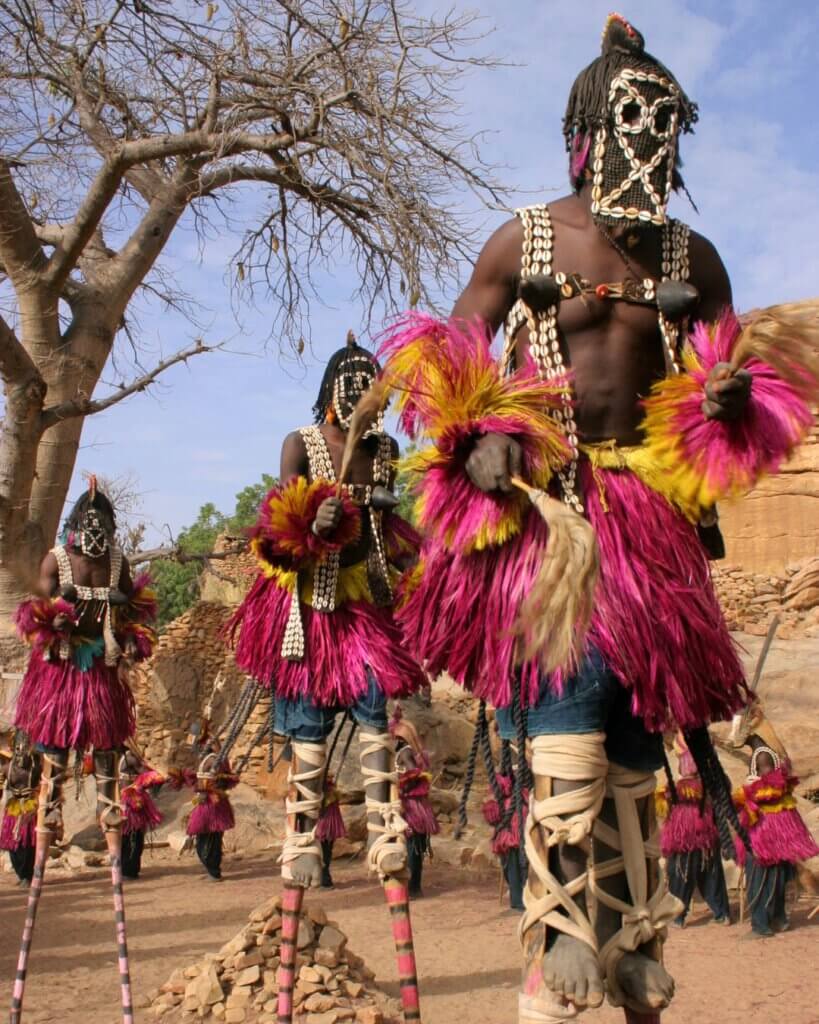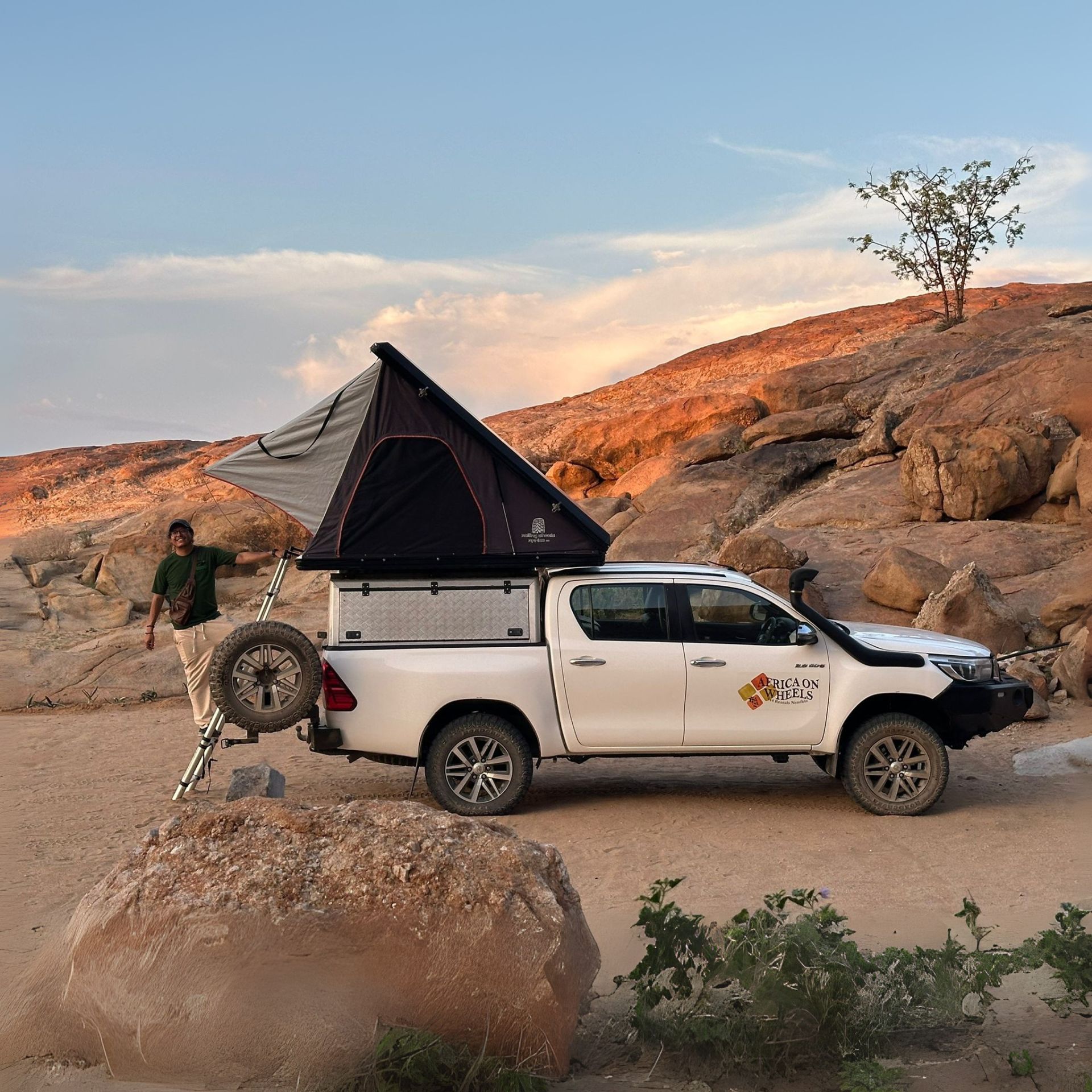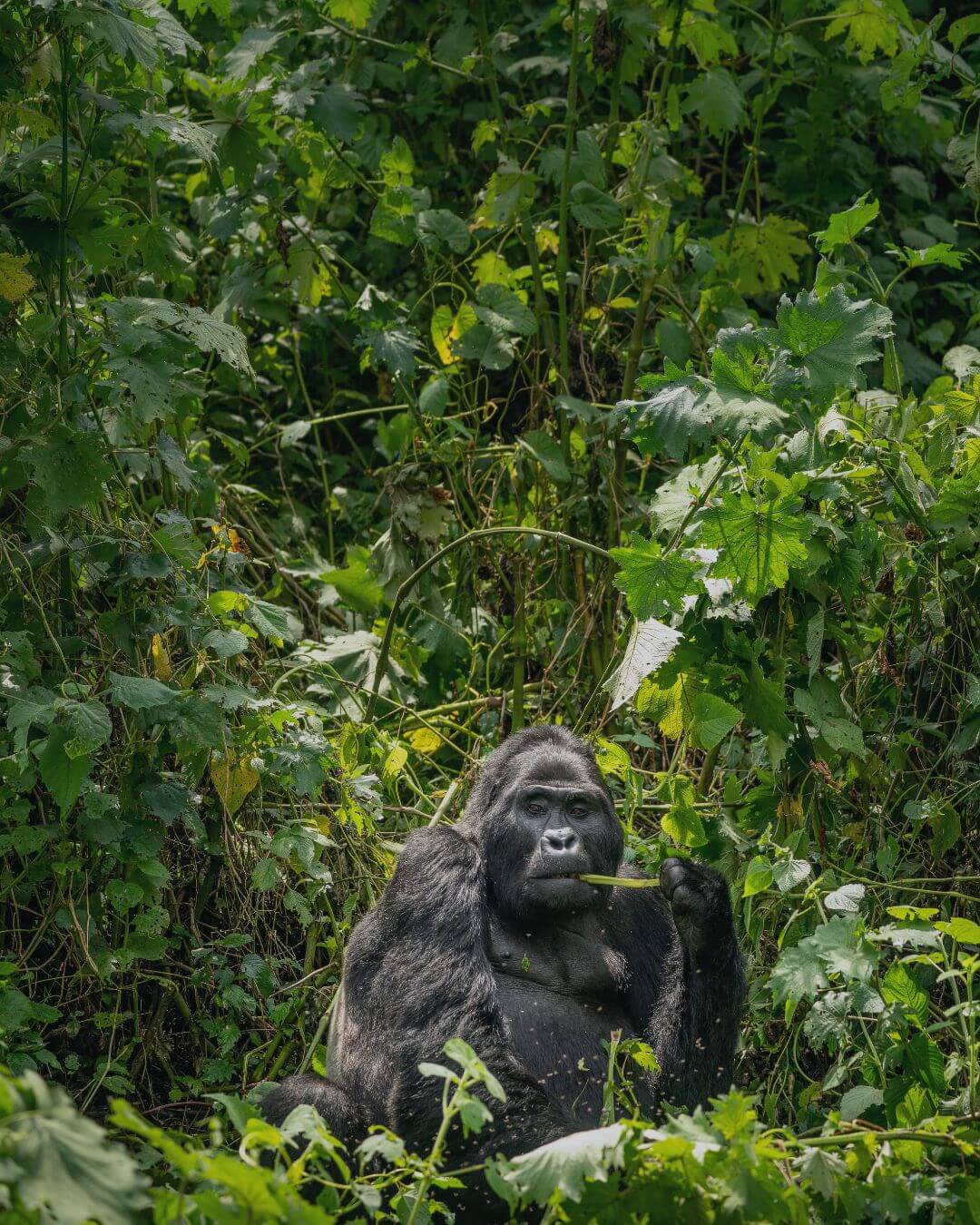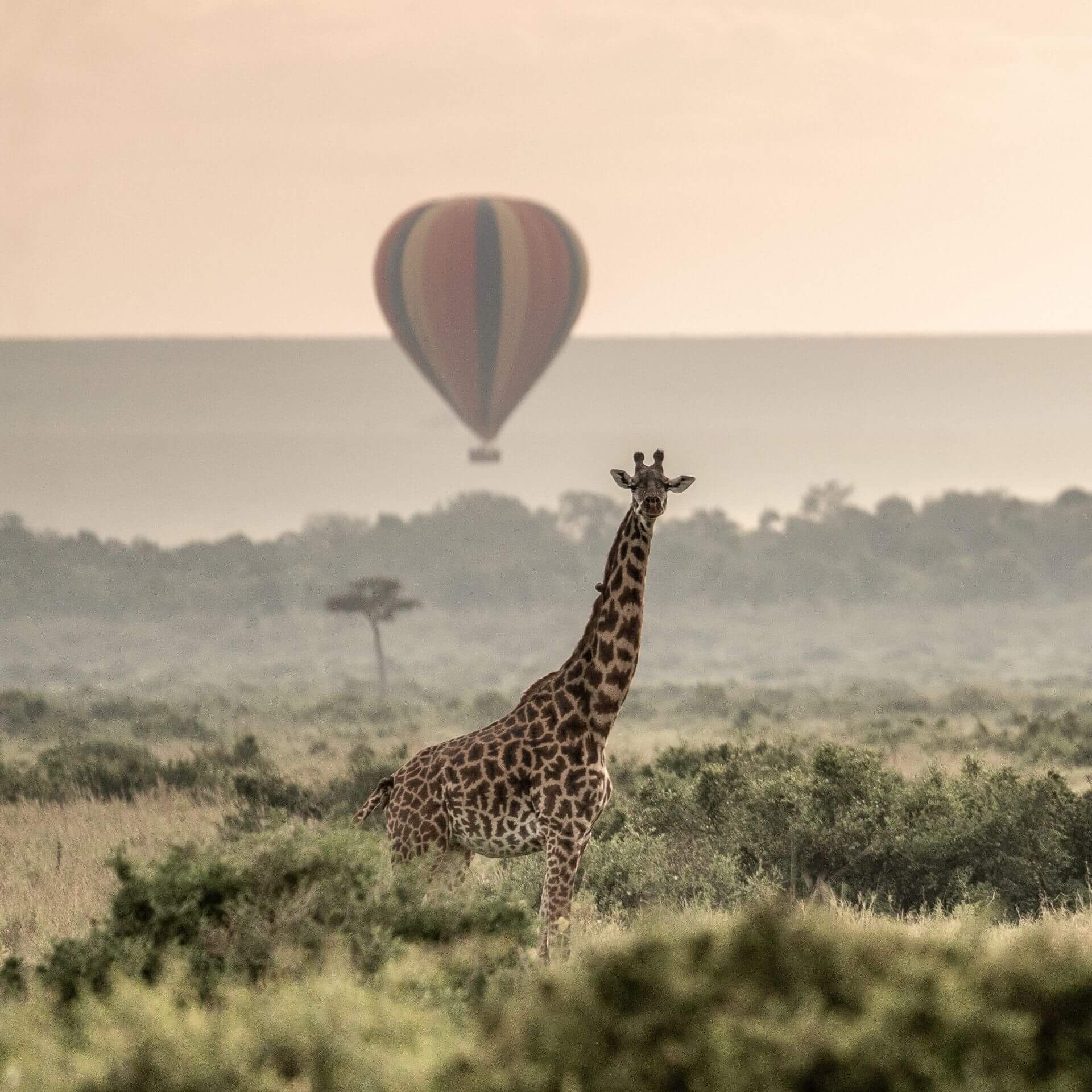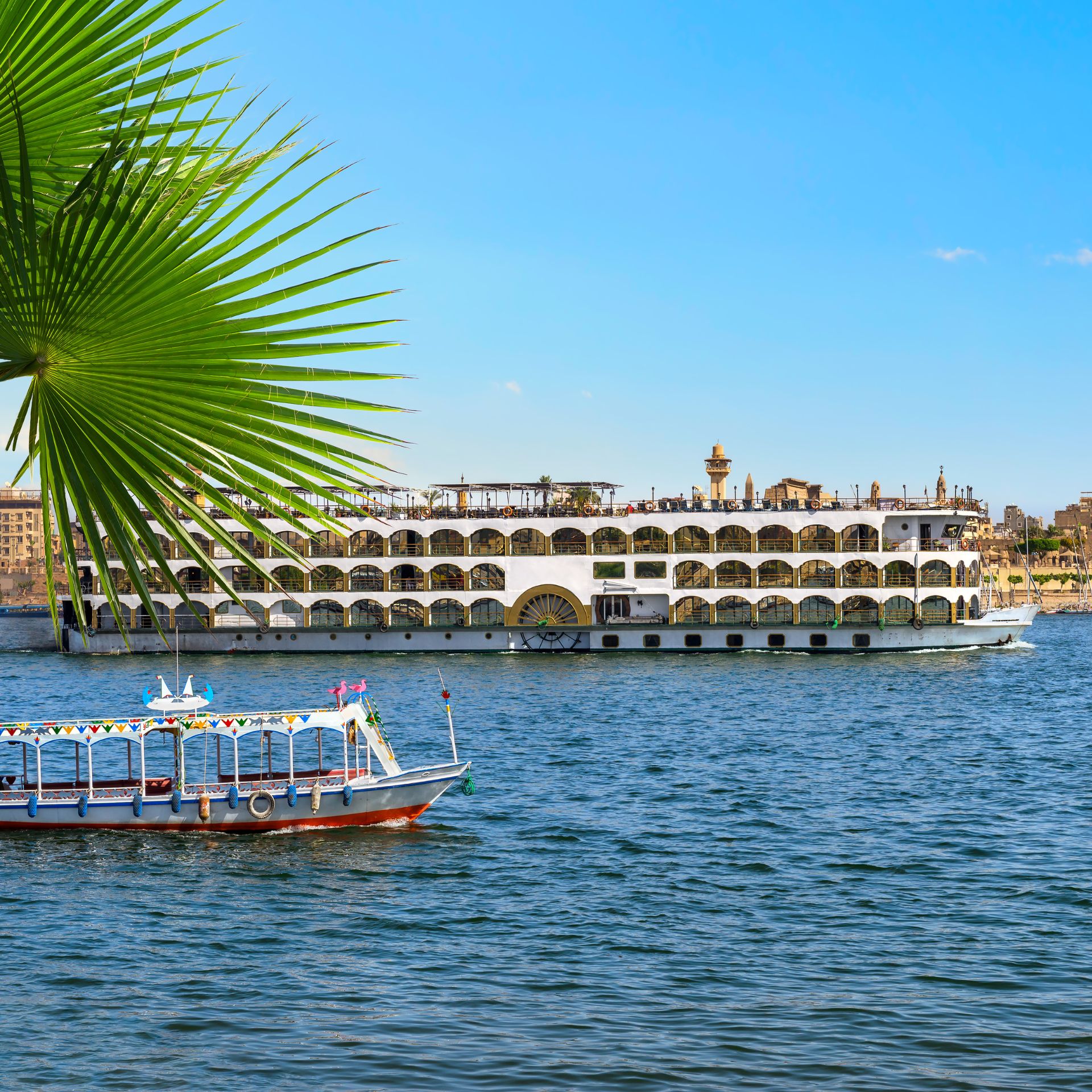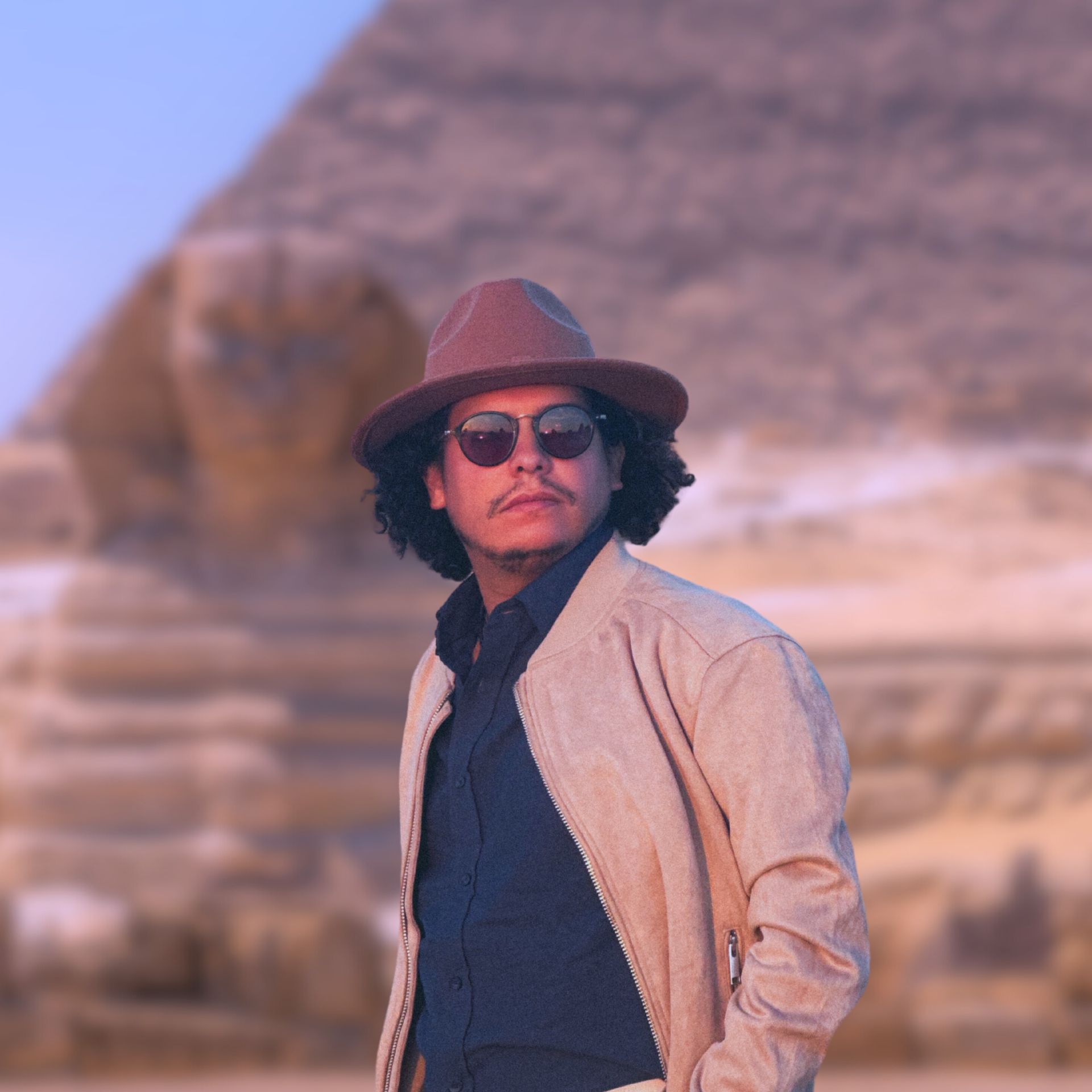From exploring ancient cities to vibrant markets bursting with color, these were the most unique and hidden experiences I had during my visit to Mali.
Let’s face it, planning a trip to Mali isn’t straightforward. There’s a scarcity of online information, and the security situation keeps changing. To make the most of your visit, you’ll need a trustworthy guide and constant updates on the country’s situation. I’ve already written an article about the basics of planning a Mali trip, but now, I want to focus on the unique and exciting experiences this country offers.
One thing I noticed during my research is that most articles regurgitate the same information, resulting in repetitive lists. Here, I want to dig deeper and explore those hidden gems and small details that made my Mali adventure extraordinary. Mali completely blew me away; it’s one of the most remarkable countries I’ve ever explored. Let me share what captivated me about this part of the world.
So, without further ado, here are some incredible experiences awaiting travelers in Mali:
Read more: Best things to do in Nouakchott Mauritania
Read more: How to prepare yourself for traveling to a dangerous country

Safety First
Traveling in Mali, while not without its challenges, can be done safely with the right precautions. However, it’s essential to understand that the level of risk can vary greatly within the country. Some regions are off-limits, while others are relatively safe for travelers. Here are some straightforward tips I follow when visiting volatile regions:
Choose a Trustworthy Guide: I highly recommend using a reliable guide. In my case, Marlon Read from Thiosane Travel has been my go-to guy for West Africa, and I can’t speak highly enough of him.
Assess the Specific Risks: Understand the nature of the danger you might face. Is it primarily related to petty crime or the more serious concerns of kidnapping and terrorism?
Stay in Busy Areas: Whenever possible, opt to stay in bustling, well-populated locations. These areas tend to be safer.
Ask Locals About Safety: Always inquire with locals or your guide about the safety of going out alone, especially at night.
Blend In: Wearing traditional clothing can help you travel discreetly and avoid drawing unnecessary attention.
Consider Your Equipment: Instead of bulky cameras, consider using a high-resolution camera phone for photography.
It’s worth noting that the FCDO advises against non-essential travel within 25km of Bamako, Mali’s capital, and all travel to the rest of Mali. While I believe this advice can be somewhat exaggerated, caution is paramount, especially if you’re traveling independently.Top Experiences in Mali.
Read more: A road trip in West Africa – An adventure of a lifetime
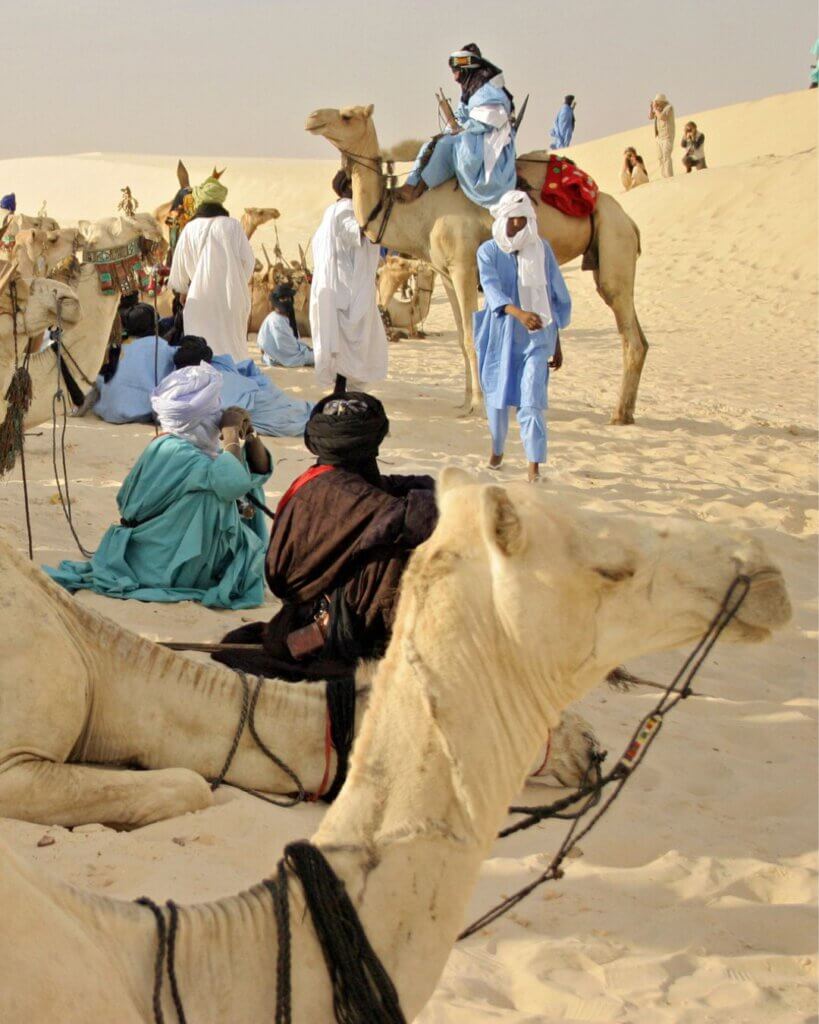
Explore the Morning Market in Djenne
Djenne, with its mesmerizing mud architecture, ancient ambiance, and cultural significance, is a city that stands out in Mali. It’s not only a must-visit spot in the country but also an experience that should be on everyone’s bucket list. During my three-day stay in Djenne (which, according to locals, is the longest by a traveler in the past three years), one of the standout highlights was undoubtedly the Djenne Monday market, set against the backdrop of the magnificent Djenne mosque.
This market is a riot of colors, smells, and bustling activity, exactly what you’d expect from an African market. However, what makes the Djenne market exceptional is its unique location. Surrounded by mud buildings and facing one of humanity’s most spectacular architectural marvels, it’s an undeniably special place.
As you explore the market, you’ll find a wide range of products, from inexpensive jewelry and household items to street food and even goats for sale. However, more than shopping, what’s truly fascinating is the opportunity to observe the diverse ethnic groups of the region gathered in one place. The people here are often happy to have their photos taken, and I managed to capture some striking portraits while shopping for local products.
NOTE: The Djenne market is only open on Mondays. Most sellers come from different parts of Mali and even arrive a night before. If you plan a trip to Djenne, make sure you get to Djenne on Sunday, so you can experience the Monday market in the morning.
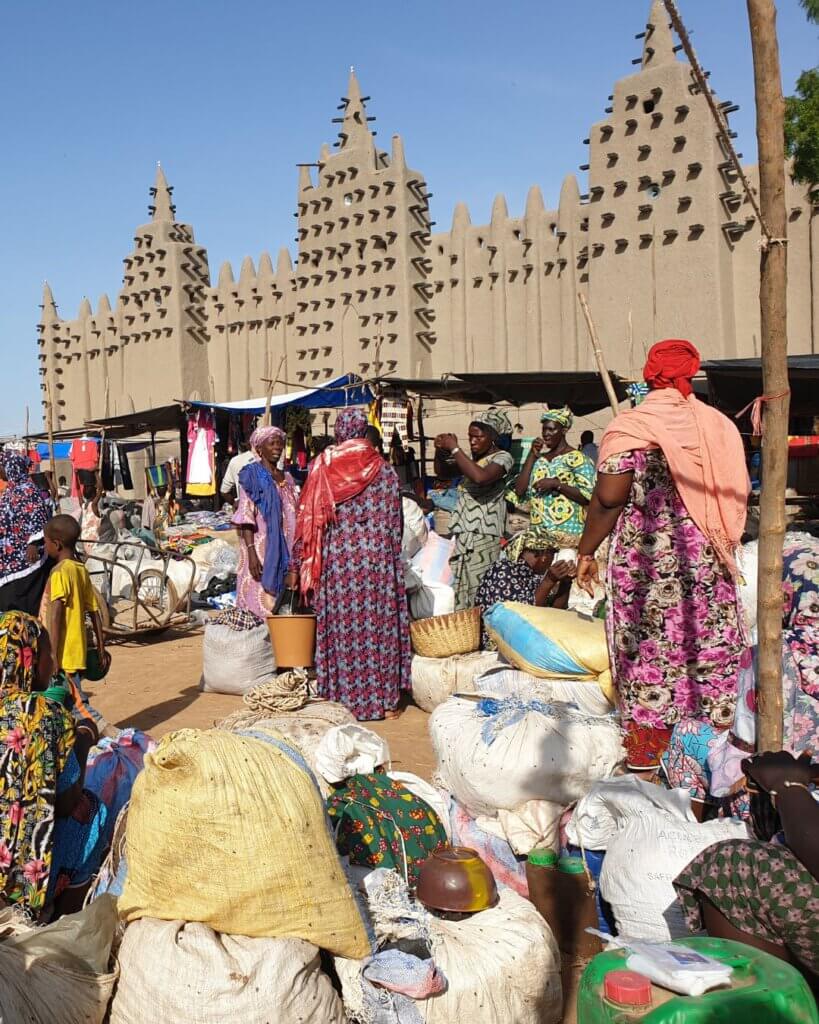
Visit an Islamic School (Medersa)
A visit to an Islamic school in Mali provides valuable insight into the lives of children in the country. During my time in Djenne, I had the privilege of visiting one of these schools and witnessing how students learn to read and write using the Quran as their guide. I observed students diligently practicing the intricate Arabic alphabet by tracing wooden pieces.
Islamic schools like these are scattered across Mali, and due to the hot weather, most lessons are conducted outdoors in the school courtyards. My travel companion and I stumbled upon this particular school out of curiosity and asked if we could observe. Since many educated adults in Mali have a good command of French, communication was easy, and we were able to explain our interest in their educational practices.
Read more: Bizarre Traditions – This is a Chewa Funeral Ceremony in Malawi
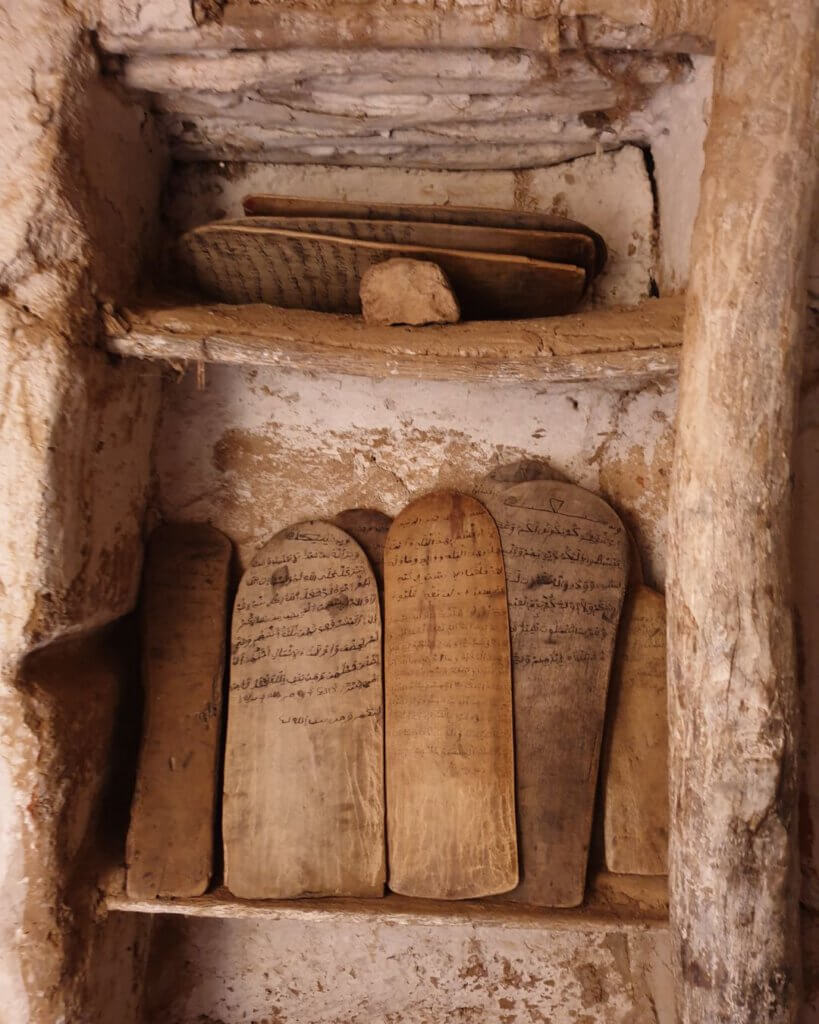
Discover Charming Mud Villages Without an Agenda
While driving from Segou to Djenne, you’ll come across numerous charming mud villages, each adorned with picturesque mud mosques and bustling with local women and children dressed in vibrant, colorful attire, selling their wares. This is rural Mali – a side of the country that remains largely undiscovered by most travelers but is easily accessible.
During our trip to Mali, we made it a point to visit several of these villages, and these experiences truly stood out. Welcomed with open arms, we engaged in intimate encounters with the local people of Mali. We had the privilege of meeting village chiefs, engaging with Fulani individuals proud of their cultural heritage, and sampling various products offered by local vendors.
These visits felt like an opportunity to make meaningful connections and support those who needed it most. Our exploration of rural Mali taught us the importance of cherishing the journey itself, sometimes more than the final destination.

Hunt for Antiques in Desert Cities
The more I travel, the more I find value in bringing back meaningful souvenirs. During my recent adventures, I’ve been collecting a wide array of antiques, from ordinary license plates to century-old necklaces and oil lamps.
Mali emerged as a treasure trove for antique enthusiasts like me. In unassuming, dimly lit shops with limited visibility, I stumbled upon genuine treasures that warranted a stop. It was in these unassuming spaces that I acquired an original Dogon ceremonial mask, now one of my most cherished antiques, as well as a traditional stone necklace dating back a century.
Looking back, I wish I had collected more antiques to bring back to Europe. Mali’s desert cities hide remarkable artifacts waiting to be discovered by intrepid travelers.
NOTE: My favorite antique shop was in Djenne. However, Segou and Bamako also had some great places to buy something.
Read more: Which are the most bizarre travel experiences in Burkina Faso

Get to Know Bamako’s Expat Scene
Mali is a country steeped in culture, often delivering a jolt of awe even to seasoned travelers. When I first arrived in Bamako and settled into a hostel, it felt like a bit of a respite. It provided a bridge between my life in Germany and my upcoming journey through Mali. Moreover, it was an excellent entry point into Mali’s expat community.
Hangouts like the Sleeping Camel are well-loved by locals, intrepid globetrotters, and the occasional NGO or embassy staff. These aren’t your typical backpacker hostels with wild parties and blaring techno music. Instead, they offer a more relaxed atmosphere for folks who either live in Mali or are just passing through.
Taking part in events like Pub Quiz nights or Karaoke is a cherished pastime for expats here. It’s a unique experience to attend a pub quiz in one of the world’s most politically volatile regions.
Read more: Best things to do in Ouagadougou, Burkina Faso

What I Wish I Could Have Done
Mali is famous for its ceremonial masks, each loaded with cultural significance. Many of these masks come from the Dogon people, an ethnic group residing in the northern stretches of Mali. Sadly, I didn’t have the chance to visit the Dogon region, which is currently one of the most perilous places on Earth. However, when conditions improve and Mali becomes a safer destination, I’m eager to witness a Dogon ceremony and see locals adorned in these incredible masks.
Read more: Everything you need to know before planing a trip to Mali
